LIFE, DEATH, and ETERNAL LIFE: WHERE SCIENCE AND FAITH SHALL BE ONE … R.I.P. PETER THOMAS VALENTI McGUIRE
By DAN VALENTI
PLANET VALENTI
(FORTRESS OF SOLITUDE, TUESDAY, JUNE 25, 2013) — With your kind indulgence, one more day, please, then a day or two of rest before we bring THE PLANET closer to its familiar orbit, likely by the end of the week or the start of next. Today, let me share some thoughts left over from the past two days, the wake and funeral of my brother, Peter Thomas Valenti McGuire.
Every death has a back story made up of two parts. First, there is the person’s life. No memorial, however detailed and exhaustive, can do justice to the actual, lived, day-to-day life of a person. Each day has 86,400 seconds. Multiply that by 365 then that by the number of years a person has lived, and you realize that every one of those seconds has had its own reality, nuance, and experience. It had to be lived. Memorials simply cannot keep up! Second, every actual death contains high drama. There is no “routine” death. Rather, each one carries a profundity with lots and lots of layers, a notion brilliantly captured in music by Richard Strauss‘ “Death and Transfiguration” (Tod und Verklarung). If you’ve never listened to this piece, call it up on You Tube, put on headphones, and listen.
This is one of the most moving pieces I know. It describes no less than the actual death process.
The work opens with a man on his deathbed during his final few moments. There are sweet memories, past loves and tender feelings; and then there are the terrors. During the titanic fight for his life we first hear the transfiguration, a rising 6-note theme which shows us his first signs of finally letting go and accepting the end. But the fight isn’t over. Although the transfiguration theme gains power, he still suffers bursts of terror. However, after the fear and the sweat the music then subsides to funereal depths. Low woodwind, strings and a tam-tam (unpitched gong) beat out a very weak pulse, which fades and stops as the transfiguration theme finally takes flight. It ignites and blazes as his soul transcends this world. The music rises to an overwhelmingly euphoric climax before settling down to a radiant and serene finish. Peace has finally been achieved! (from liner notes)
Pete’s death had both those back stories. As some of you know, there were difficult and unique circumstances surrounding my brother Peter’s death, and the finality of the conclusion of these events hit everyone hard. With mourning comes a privacy in which the isolation of grief becomes sharply defined, like the raised relief of a sculpture — tangible, rough, felt, gritty. That’s where the company of family, friends, and loved ones does its work, so that we may know kind attendance, wise care, and tender embraces, flowing freely and given without condition. This eases then sense of loss, which each one bears alone.
Earthly death — the cessation of this phase of existence, in which the body, having done its job, surrenders its usefulness — comes to all. That’s what we leave in the ground, the urn, or in some other way disposed. Those of us left to grieve, those who mourn the dead, mourn ourselves and our eventual fate. Death is the ultimate of goodbyes, our personal earthly destiny, foreshadowed every time we have to bid even the briefest of farewells: seeing someone off to work, hugging when a loved one makes a trip, kissing a child to a school bus, taking leave at the airport — all are rehearsals for the day when death shall arrive for us.
Deep in the background for each of us, we know there’s a clock ticking. Perhaps that’s why some love baseball the best of the four major sports, as Peter did, because it has no clock. In baseball, you never run out of time. No matter how much you trail in the bottom of the ninth, there’s always hope. We have many ways to acknowledge the psychic pressure caused by the knowledge of our mortality, this “clock ticking.” We can deny it and pretend that we live forever, a condition of course, easily exercised by youth. When you’re 17, you not only know everything; you are invincible and immortal. When age brings sense and wisdom along with it the inevitable entropy, denial can set in. Some find the acknowledgment of aging so traumatic that they seek various fountains of youth. These fountains, like all mirages, run dry. One’s cosmetic surgery is another’s dressing inappropriately “too young.” This one’s hair plugs are that one’s Botox supplements. Others rely on faith to balance the psychic seesaw. Then there are those who recognize the beautiful symmetry of death as a kind of bookend of birth, so wonderfully summed up in the words spoken by Fr. Peter Gregory as he made a cross from sand on Peter’s casket in St. Joseph’s Cemetery in Pittsfield: “We are dust, and unto dust we shall return.”
When all is said and done … when every thought, desire, word, action, and omission ceases … when our crazy busyness with the ever-accelerations of day-to-day life slow down, that’s when we realize a great truth born as a blessing and borne by us as part of the human condition’s hard wiring. We seem to know the nature of life as immortal, not the 17-year-old’s reckless counterfeit of that eternal condition but rather as a doubtless reality present in the deepest part of the human soul. It doesn’t leave us alone. It won’t leave us alone.
I tend to avoid the word “God” in discussions like this not because of disbelief but because the word has been debased over the years by atheists, believers, theologians, clerics, philosophers, and everyone who finds recourse to Him. The observation is correct: “God” as a word has become a synonym for “nonsense.” Nonetheless, let me dare say, resurrect, and use the word. “God.” This time without the quotes: God.
I will not argue for God’s existence. I don’t have to. What exists exists, regardless of what I or anyone might say about it. In truth, every totally honest person has to be agnostic simply because we cannot Know, with certainty.
Atheists have the worst of it. They have the impossible task of proving a negative assertion to an unsupportable conclusion: “God does not exist.” Believers rely on the evidence of their hearts and their senses, a more inner way of discovery, but even they must agree that, in the final analysis, that while it may be knowledge, it is not Knowing. Also, while one cannot declare as a certainty “God does not exist” or “God exists,” a person can say “I don’t believe in God” or “I believe in God.” They are two sets of different statements.
I watch with great interest as the discoveries of science push forward while the old notions of religion recede. The latter had its sway and say for the first 9,700 years of human civilization (which we generously give 10,000 years). Science has been in the ascendancy for only about 300. There should not be a conflict. Each tries to describe the nature of reality. Faith uses poetics and metaphor; science uses discoverable fact. As these two great circles intersect, we believe the two will eventually become one, and the human race shall be better for it.
In the science of quantum physics, scientists are now asking the question: “What exactly shall be the final state of the cosmos, of all physical reality?” This is an area that I have long studied, with great interest, even to the point of struggling mightily with the daunting mathematics, equations, and formulas of this branch of metaphysical science, including the granddaddy of them all, Einstein‘s E=Mc2.
Relax. I’ll spare you the details and cut to the scientific chase: Even though the universe is roughly 20 billion years old, it will continue to exist at least another 100 billion years and almost certainly much longer. As the mathematician and physicist Tippler says, “In other words, almost all of space and time lies in the future.”
Chaos theory makes plausible, even preferable, the assumption that life can continue to the end of time. Theology shall become a branch of physics (or the opposite). As Tippler writes, “Thus, by definition, if God exists, He/She is either the universe or part of it. The goal of physics is understanding the ultimate nature of reality. If God is real, physicists will eventually find Him/Her.” In that sense, I would remark that theologians have beaten them to the punch. They will not gloat, though, for physicists shall give the theologians a sounder basis for their beliefs. The religions of the world, and the words of the religions of the world, had it right in the first place. It will take science to provide the annotation.
All of this is to say: Peter is not dead.
He yet lives, in a more perfected form. He was not a saint, by any stretch, and I can easily say this as surely as I can stake my claim as a great sinner. None of that matters. There is something that tells us of God’s nature is one of love, mercy, compassion, and forgiveness, in other words, the opposite of that angry old man with the ZZ Top beard who lives on a cloud throne in the sky, to pronounce us all unworthy. We won’t have one drop of it.
Pete has shaken off the relative nature of earthly existence for the infinitely better, more absolute nature of a “new life,” a new life in a God who is not a being but Being itself, the nature of which we have every reason to believe is beneficent and benign.
The Gospel writer said it all in three words: “God is love.”
Finally, there are so many people to thank for helping us through these past days. Let me mention some at the risk of leaving others out, which I shall not try to do. THE PLANET thanks:
* Fr. Peter Gregory, for his attendance to the family, for his friendship, for loving Peter, and for his comforting words during his homily at Mass. Fr. Peter knew Pete and the Valenti family when my dad owned and operated the Dairy Queen at 1664 North St., a franchise he opened in 1956. The Gregorys lives across the street, on Pontoosuc Lake.
* Peter’s widow, Debbie, a kind-hearted woman, a dedicated mom, and a comfort to all those who hurt. Debbie’s a nurse, on and off the job.
* To my nieces Michelle and Melissa, two beautiful young women, and my strong nephew Mike. As they suffer the loss of their hero, they came together in a beautiful display of the word “family.” They were and have been a great consolation to my parents, Gino and Virginia, for whom this has been unspeakably difficult.
* To Pittsfield Police Chief Michael Wynn, the detective division, and the ranks. The PPD attended all services with an honor guard. The comfort these men and women gave us shall never leave our hearts. Thank you so much.
* To Pete’s wonderful, loving sisters, Maureen, Susan, and Kathy, who were and are so much a part of his and our life.
* To my wife’s family, who have never wavered in their loving presence, in good times and bad.
* To my first girlfriend, Jeannie, who has not let the years break the bond of love; to her sister, Diane, and their husbands, Steve and Tim. Mud pies are still as delicious, Jeannie.
* To my cousins Peter, Joey, Debbie, and Sheila and all the Paoli family. O, the memories, the memories.
* To our dear friends, Jeff and Izzy Fritze, who have been generous to the Valenti family in ways that still boggle the mind.
* To my big brother, Mick, a man with the insight of a Tibetan monk and the talent of Thelonius Monk. Play on, brother.
* To my long-time business partner and “big brother,” John Clifford Foster Jr. and his wife, Madeline. When words could not touch this, John found the right ones.
* To all who attended the wake, funeral, burial, and/of reception. Your support did wonders.
As we said, please give us a few days of retreat.
“OPEN THE WINDOW, AUNT MILLIE.”
LOVE TO ALL.
———————————————————————–



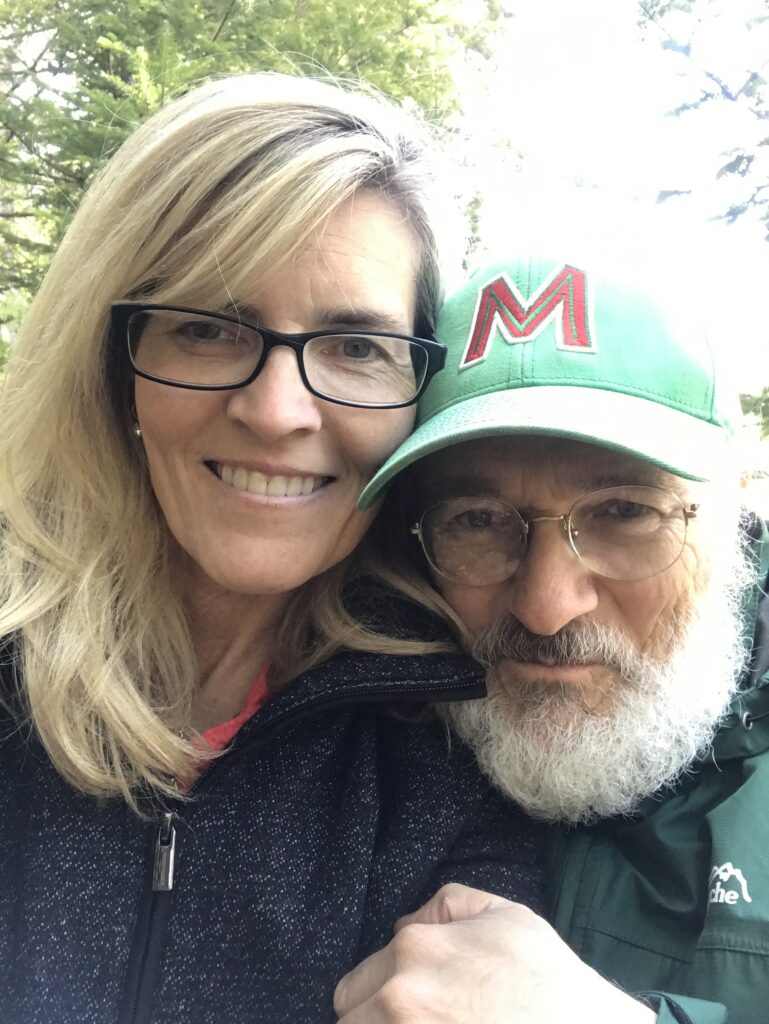
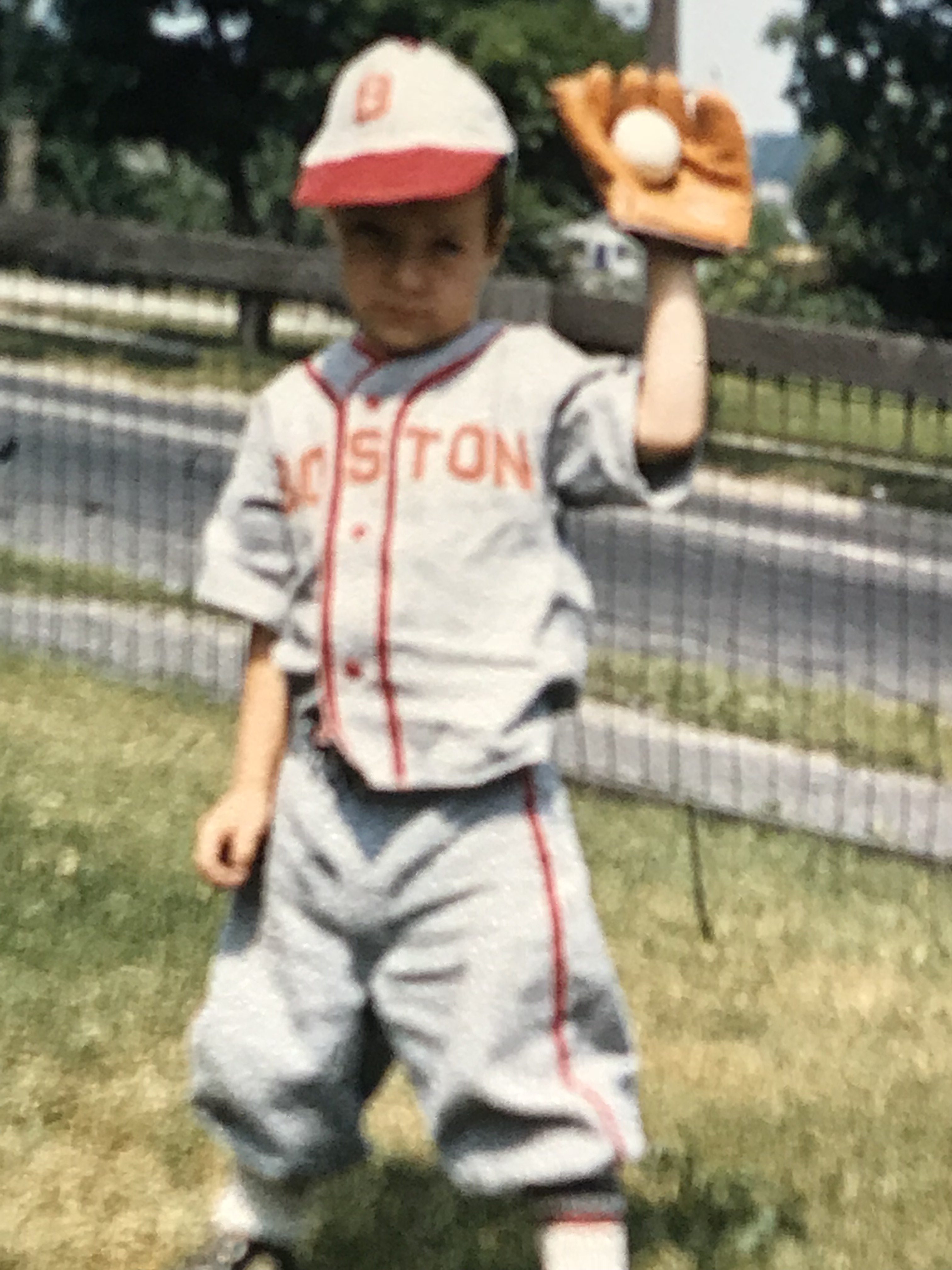
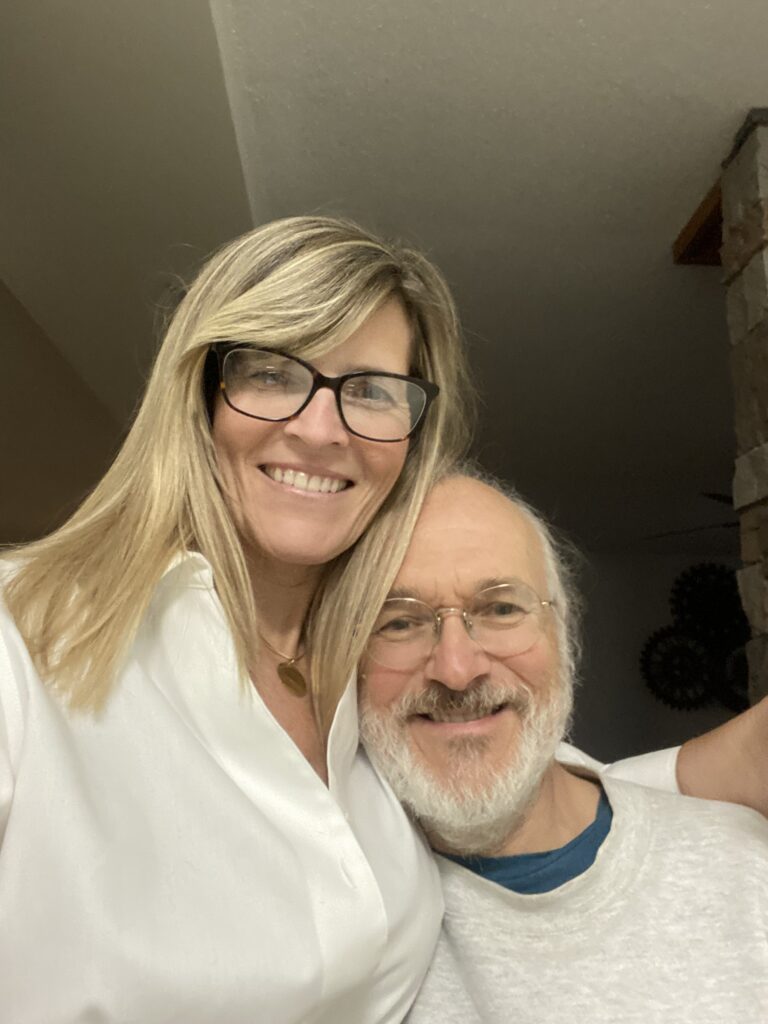

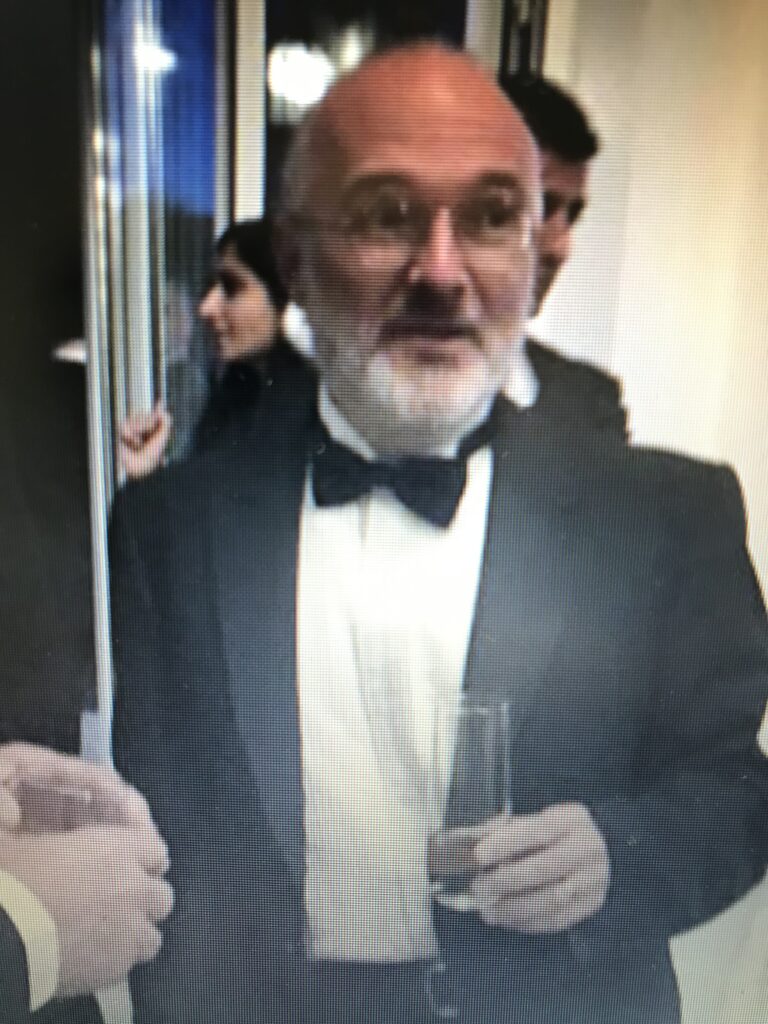
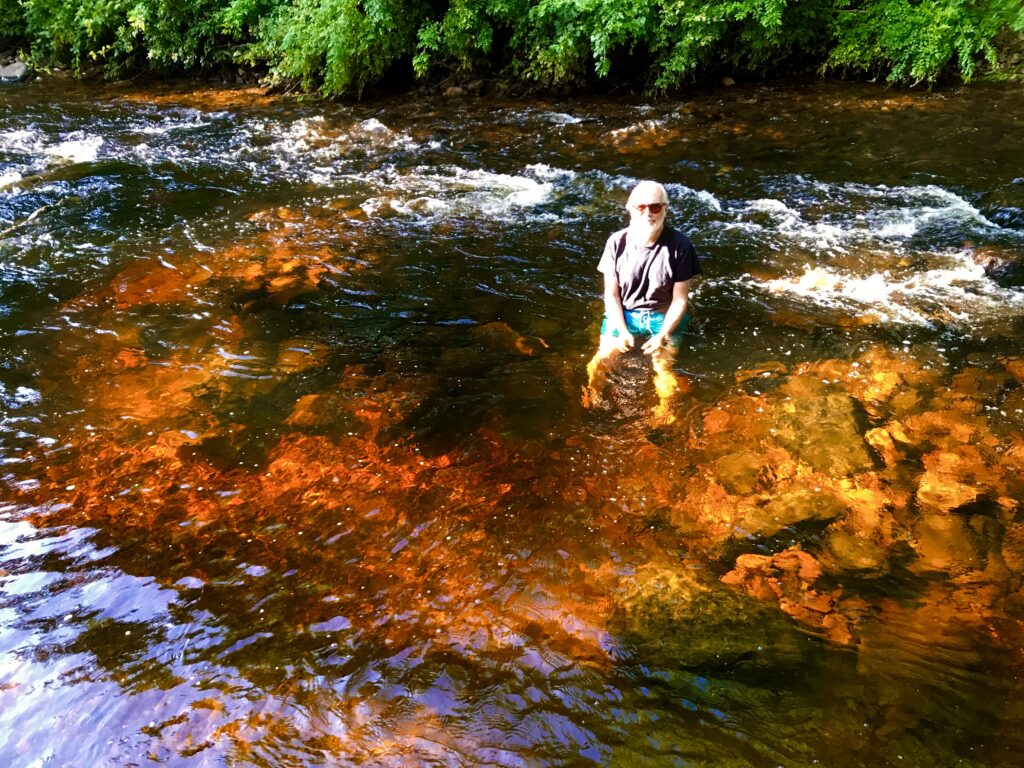
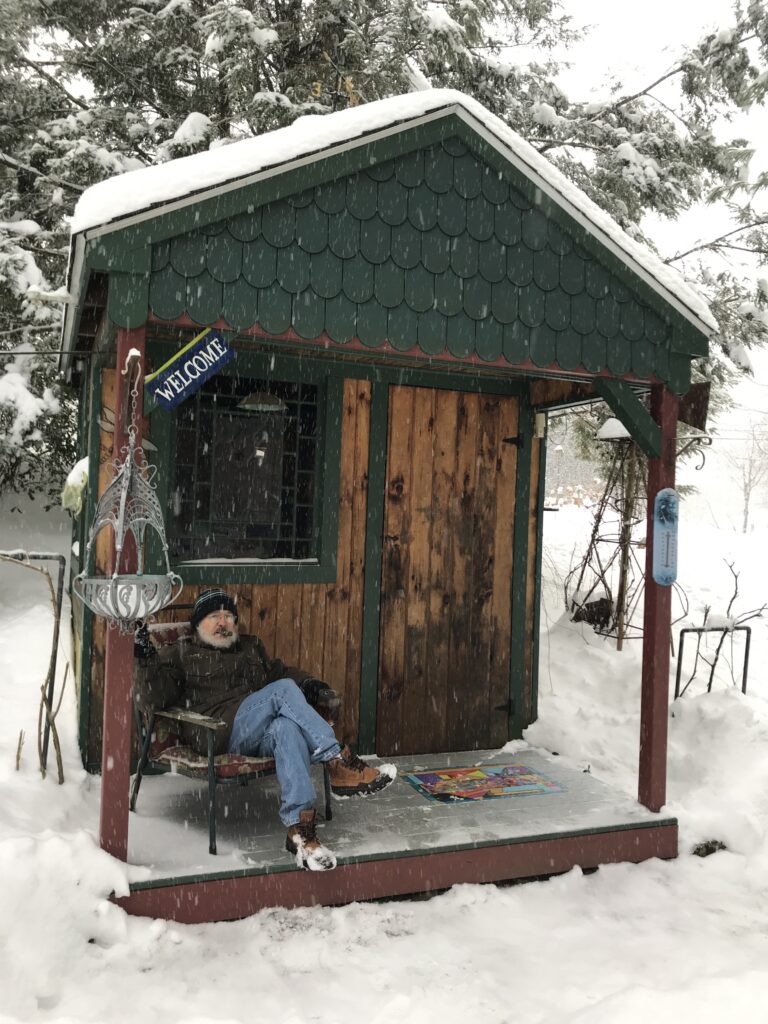
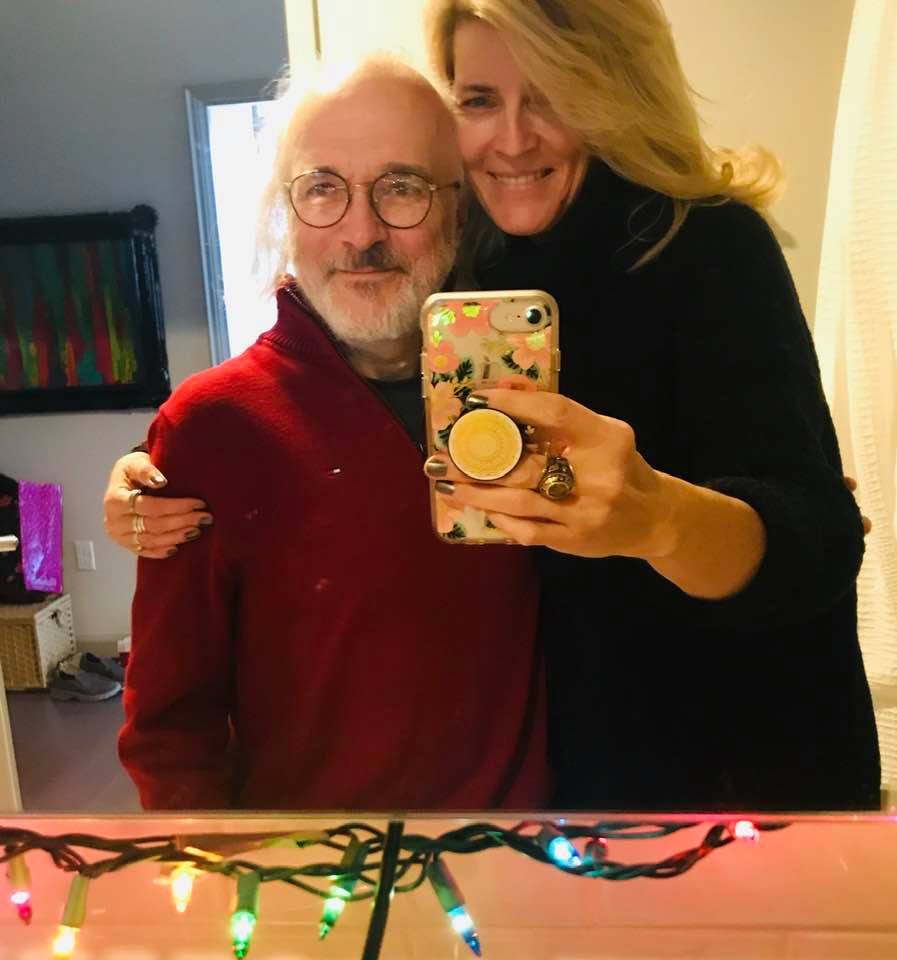
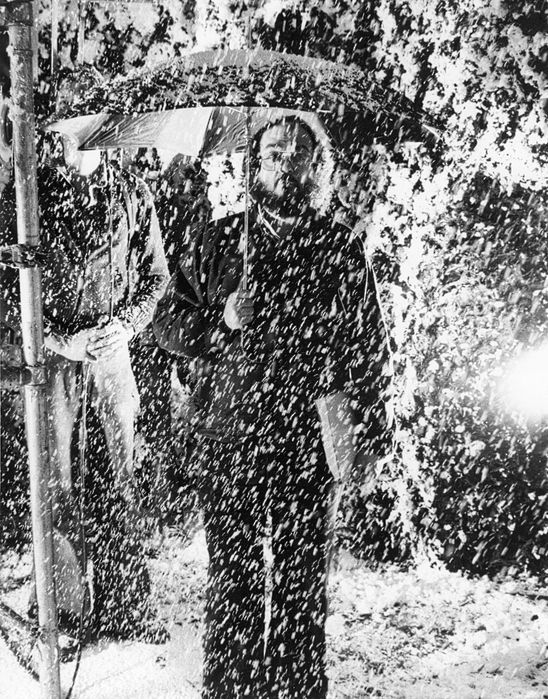
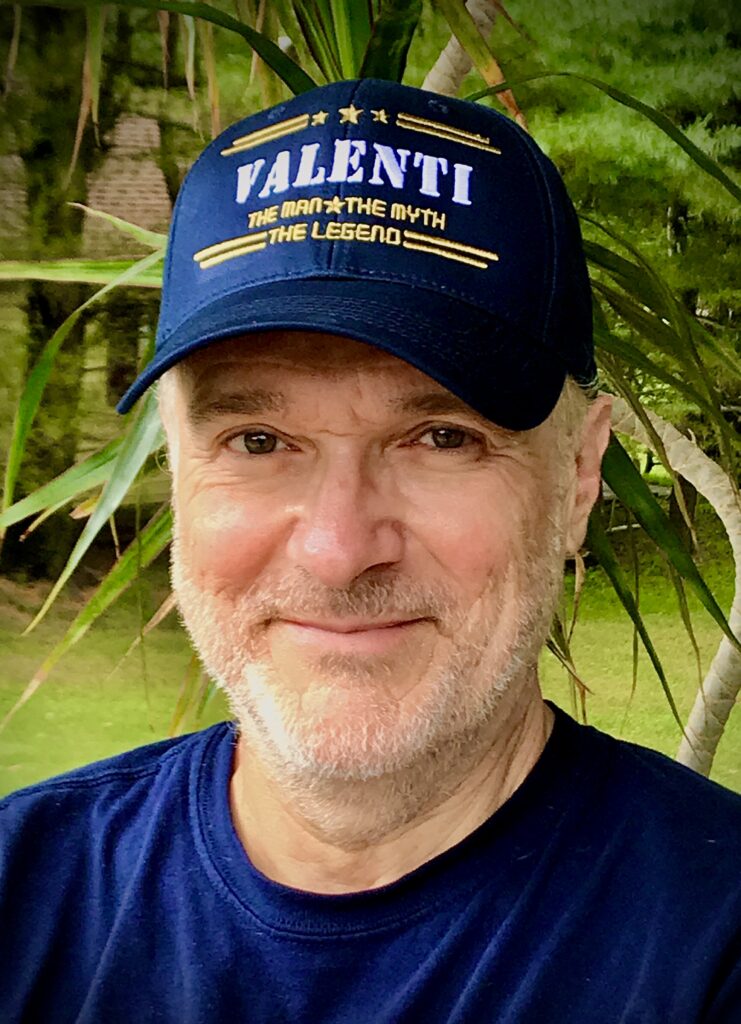
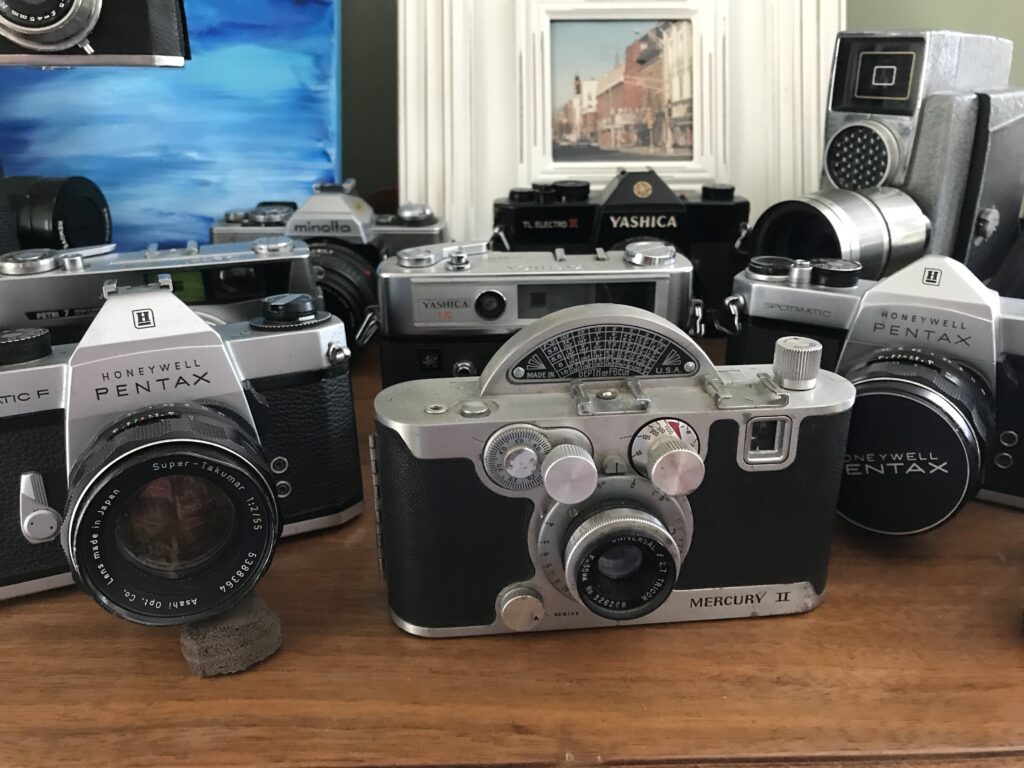

Thanks again. Your words heal….Love You cuz.
Powerful argument here DV for God. Enjoyed it much. Writing about your recent experience doesn’t have the “juice” of the usual slime of politics but it means infinitely more.
Very nicely done! Peter would be pleased.
Transparency and done from the heart,,, God Bless the Planet,,,,,,and thank you Dan.
Thanks, T.
,,,,,,,,,,till next week,,,,,